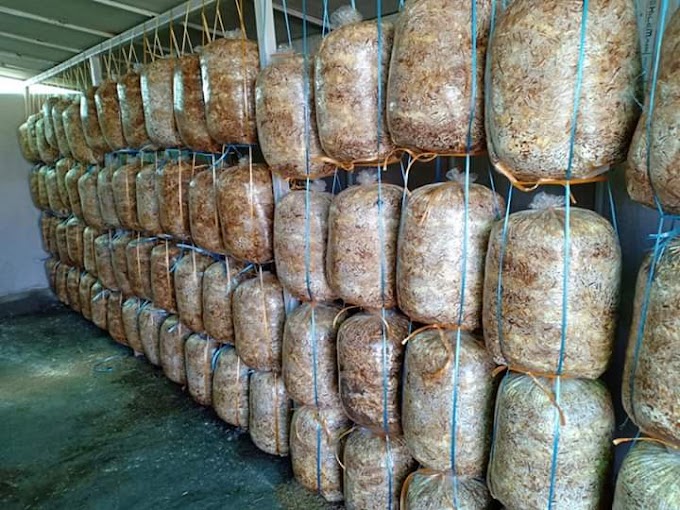The Role of Mushrooms in Sustainable Ecosystems
"Natures's Recyclers: The Role of Mushrooms in Sustainable Ecosystems" is a compelling exploration of how mushrooms contribute to the sustainability and resilience of ecosystems through their unique role as decomposers and nutrient recyclers.
This concept delves into several key aspects:
- Decomposition and Nutrient Cycling: Mushrooms play a critical role in breaking down organic matter, such as dead wood, leaf litter, and animal remains, into simpler forms that can be utilized by other organisms. Through enzymatic activity, fungi degrade complex organic compounds into essential nutrients like carbon, nitrogen, and phosphorus, which are then recycled back into the soil, contributing to soil fertility and ecosystem productivity.
- Soil Formation and Stability: Fungi, including mushrooms and their mycelium networks, contribute to soil formation and stability by binding soil particles together and enhancing soil structure. Mycelium networks form a dense, web-like matrix that helps prevent soil erosion, retain moisture, and promote aeration, creating favorable conditions for plant growth and supporting healthy ecosystems.
- Biodiversity Support: Mushrooms provide habitat and food for a wide range of soil organisms, including bacteria, insects, and other fungi. Fungal diversity is essential for maintaining ecosystem resilience and stability, as fungi play key roles in nutrient cycling, decomposition, and the breakdown of complex organic matter. Additionally, mushrooms support biodiversity conservation by promoting the growth of diverse plant communities and creating microhabitats for other organisms.
- Carbon Sequestration and Climate Regulation: Fungi, through their decomposition activities, contribute to carbon sequestration by capturing and storing carbon molecules in soil aggregates. This helps mitigate climate change by reducing the buildup of atmospheric carbon dioxide, a major greenhouse gas. Additionally, mushrooms play a role in regulating greenhouse gas emissions by influencing soil respiration rates and microbial activity.
- Sustainable Agriculture and Forestry: Mushrooms are increasingly being recognized as valuable allies in sustainable agriculture and forestry practices. By promoting soil health, enhancing nutrient cycling, and suppressing pathogens, fungi contribute to the productivity and resilience of agricultural and forest ecosystems. Additionally, mushrooms have potential applications in organic waste management, bioenergy production, and soil remediation, offering sustainable solutions to environmental challenges.
Overall, "Nature's Recyclers: The Role of Mushrooms in Sustainable Ecosystems" highlights the vital importance of mushrooms in maintaining the health and functioning of ecosystems and underscores the need to protect and conserve fungal biodiversity for the well-being of the planet.






